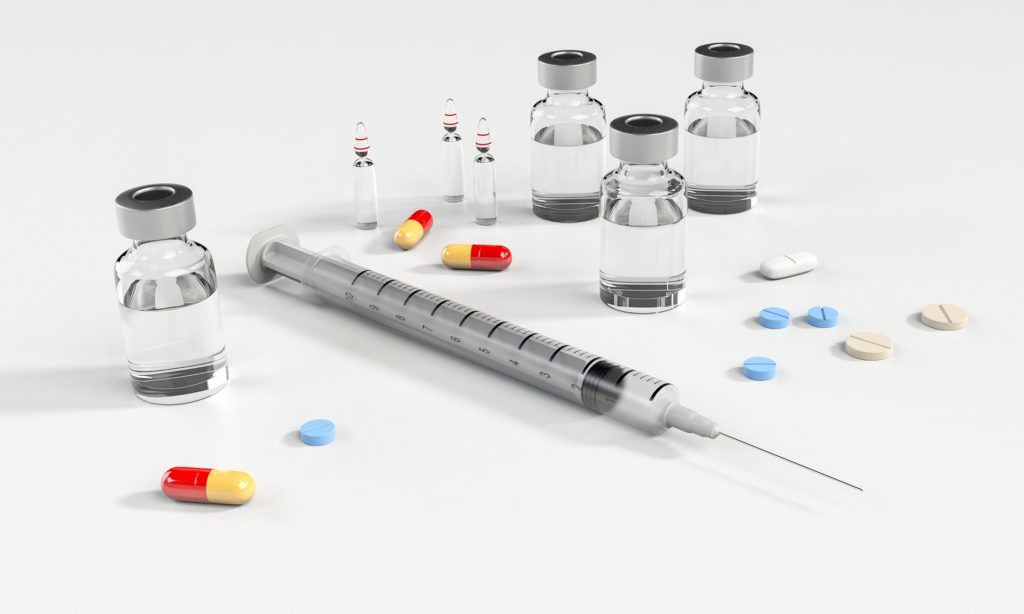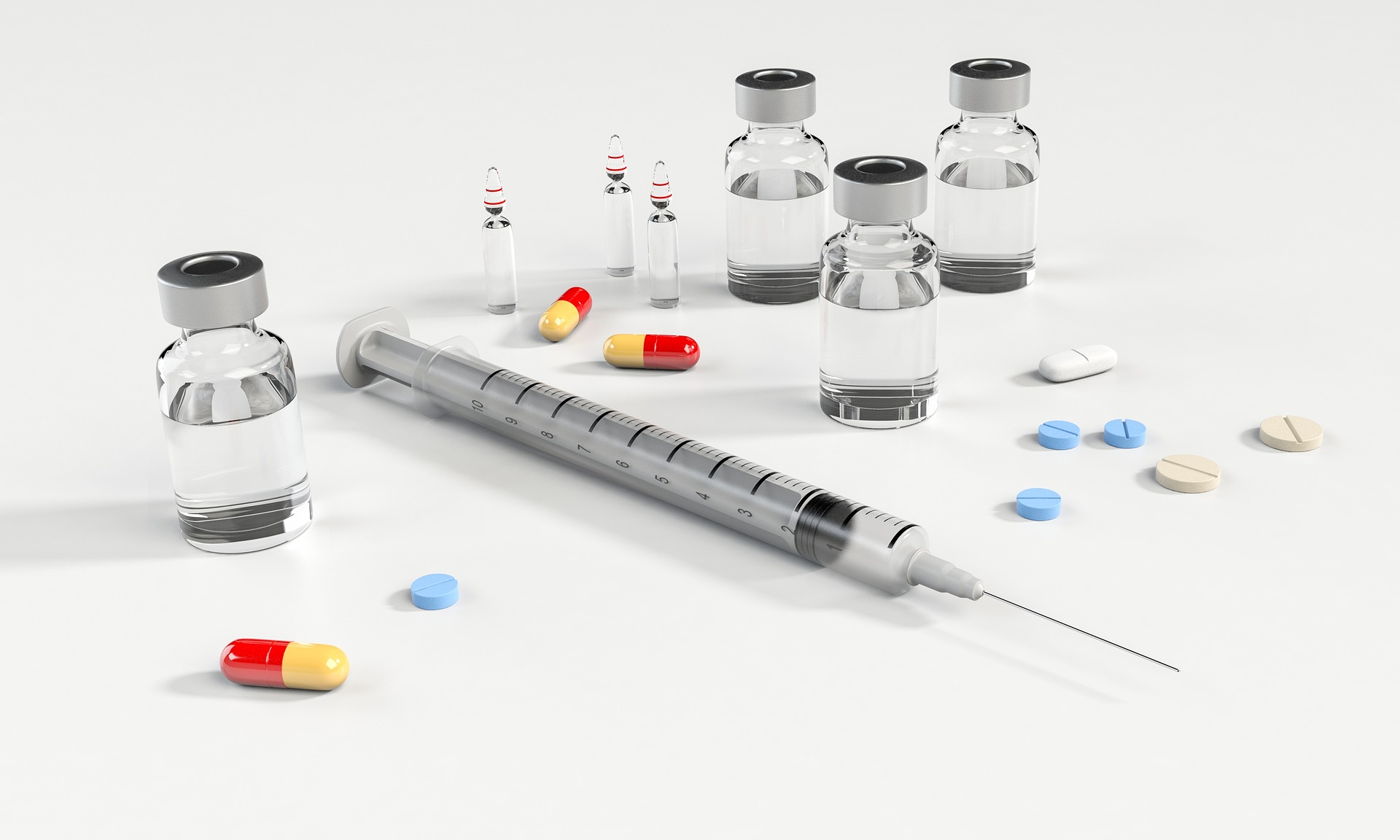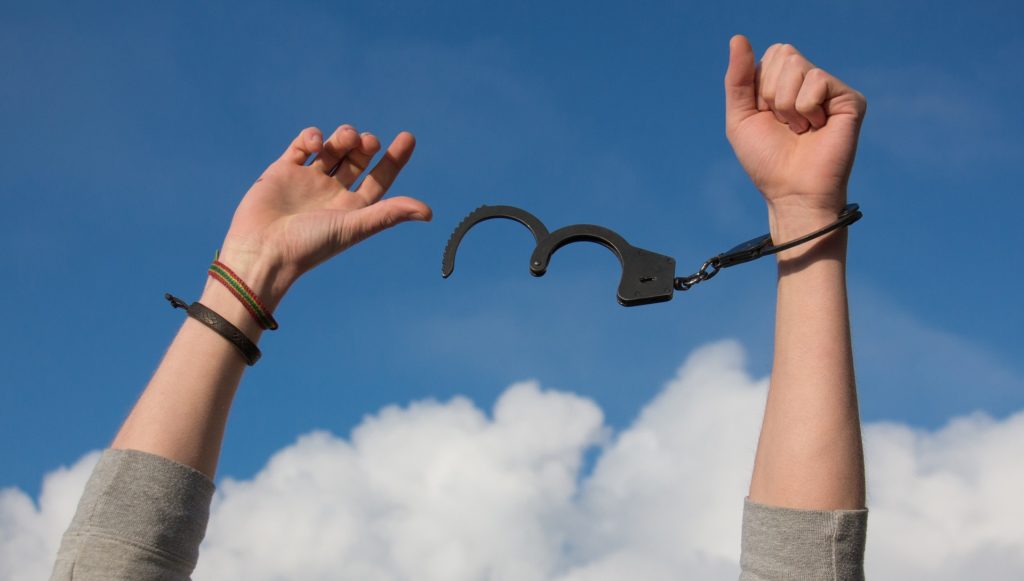You May Need Professional Help to Overcome Your Opiate Addiction
Opiate addiction has reached epidemic proportions in the United States and its deadly effects make this an especially tragic problem. Every day, there are 115 deaths attributed to opiate overdoses in this country and that number continues to rise. In 2016, Florida reported 2,798 deaths resulting from opiate-related overdoses. Put in other terms, there were 14.4 deaths per 100,000 people in Florida, while the rate for opiate overdose deaths across the country is at 13.3 deaths per 100,000. This indicates that opiate addiction is more widespread in Florida than in most other states in the U.S.

The reason that there are so many opiate-related deaths nationwide and in Florida is that these types of drugs are especially powerful. Even when addicts realize they need to get clean, they often find that they’re physically unable to quit by themselves. When they try, their cravings cause a severe relapse that puts the individual in danger of a fatal overdose. This is why addicts are urged to reach out to an opiate rehab center in Florida, when they’re ready to quit.
When you enter a rehab facility, your first step will be to get clean and you’ll receive the help you need through a medical detox. By using prescribed drugs to gradually wean you away from your opiate addiction, you’ll be better able to handle your cravings as well as the intense withdrawal symptoms you would otherwise experience. These symptoms can include any of the following:
- Depression or anxiety
- Muscle cramps
- Nausea, which may be accompanied by vomiting
- Agitation
- Mood swings

Once you’re clean and no longer depend on medication to help you control your cravings, you can move forward. The next phase of your treatment will involve structured schedules designed to keep you occupied, while also helping you confront your addiction. You’ll attend one on one therapy sessions with a counselor to help you identify the triggers that led to your drug addiction. These sessions will give you an opportunity to discuss anything that’s troubling you, so you can identify areas of your life that need improvement.
You’ll also participate in group peer support meetings, which will cover a variety of topics. Together, you will discuss how to spot the signs of opiate addiction in others and how to help those in need. Additionally, you’ll have the opportunity to mentor those who are newer to the program or you’ll be able to meet the mentor you may need. The goal of group support meetings is to help you build a supportive network of sober-minded people, so you won’t drift back into destructive practices.
Your family members may also be asked to participate in your recovery on their visits with you. This will give you an opportunity to mend relationships and build a strong support system outside of the treatment center. Once you leave the facility, you’ll be able to rely on your family for the support you’ll need to move forward with your recovery. Building a strong network inside and outside the facility will increase your chances of continuing your recovery over time.
An opiate addiction treatment program isn’t just about counseling, though that is a big part of any successful program. You’ll also be able to participate in activities that teach you new ways of living healthy. Your physical and mental health will be benefited by learning meditation, yoga, and other relaxation techniques. These activities work to reduce the stress that plays a big role in the relapses that derail some recovering addicts.
You’ll also have an opportunity to take up physical activities and learn about healthy eating habits. By taking a more holistic approach to your life, you’ll be more focused on healthy habits and that will reduce your risk of a relapse. While these practices aren’t required in your rehab program, they do help many recovering addicts in learning to better cope with stress.
By the time you graduate from your recovery program, you’ll be better equipped to deal with the triggers that caused your addiction. You’ll have learned useful coping skills that will help you resist the urge of using again and you’ll be ready to start a new chapter in your life. This is an opportunity to chase dreams that your addiction caused you to forget or you may find that you have new interests. Either way, this is an opportunity for you to start your life fresh, clean, and healthier.




